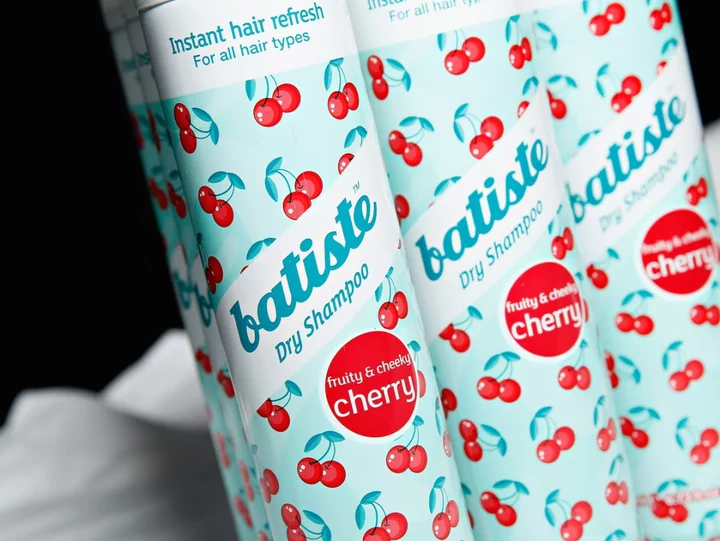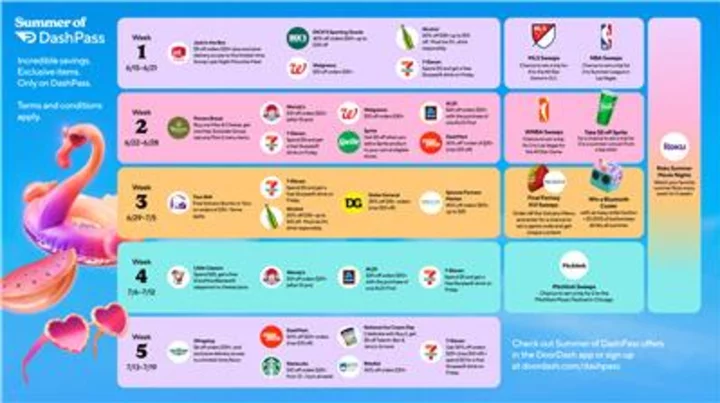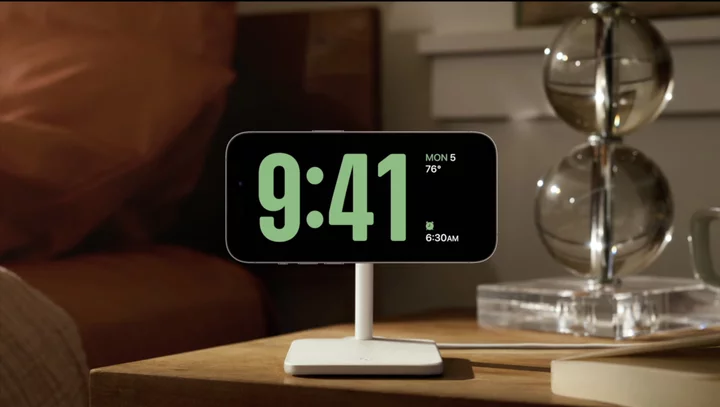Church & Dwight, the parent company of Batiste, has agreed to settle a $2.5m class action lawsuit that claims its dry shampoo products contain a potentially harmful level of benzene, a chemical known to cause cancer in humans. Now, customers who purchased one or more Batiste dry shampoo products may be able to cash in on the million-dollar lawsuit. In the lawsuit, plaintiffs claimed that Batiste dry shampoo was contaminated with benzene, a known human carcinogen linked to leukaemia and other blood-related cancers. While the manufacturer has denied allegations of contamination and “denies that it did anything wrong”, it has agreed to pay out the $2.5m settlement “to avoid the costs and distractions associated with continuing this case”. The company’s settlement means that customers can qualify for a refund based on the type and number of Batiste products they purchased. Those who bought Batiste Bare or Clean or Batiste Light Bare dry shampoo products before 30 May 2023 - and can provide proof of purchase - can receive a full refund for the products they purchased through cash payment or a voucher. Meanwhile, people who cannot provide proof of purchase may receive $2 per product up to five products, for a maximum payment of $10. Customers who purchased Batiste products that were not Bare dry shampoos can still receive a $2 product voucher for each purchased product up to five items, for a maximum total of $10. Those who wish to take part in the class action claim must submit a valid claim form by 15 November 2023. The form asks customers to submit their name, address, and email, as well as information about the products purchased and payment options to receive the refund. The final approval hearing for the settlement is currently scheduled for 16 October 2023. The Batiste dry shampoo class action lawsuit comes nearly one year after Unilever - the manufacturer for brands like Dove, Suave, and TRESemmé - recalled 19 dry shampoo aerosol products for “potentially elevated levels” of benzene. After conducting an internal investigation, the company identified the propellant used in its aerosol cans as the source for the high levels of benzene. However, Unilever added that daily exposure to benzene in dry shampoo products “would not be expected to cause adverse health consequences”. According to the Center for Disease Control and Prevention (CDC), benzene is a chemical that can occur naturally in the environment – such as in crude oil or gasoline – and can be used to manufacture plastics, lubricants, dyes and detergents. Indoor and outdoor air also contains low levels of benzene due to tobacco smoke, motor vehicle exhaust, industrial emissions and or household paints. The major effect of long-term exposure to benzene is on the blood, which can lead to a decrease in red blood cells or anemia after a year or more of exposure to high benzene levels. The Department of Health and Human Services (DHHS) has determined that benzene can also cause blood-related cancers, such as leukaemia. Last November, independent laboratory Valisure found that 70 per cent of samples across 34 brands of Unilever dry shampoo products contained “quantifiable” levels of benzene. “The detection of high levels of benzene in dry shampoos should be cause for significant concern since these products are likely used indoors, where benzene may linger and be inhaled for prolonged periods of time,” said David Light, chief executive officer of Valisure, in a statement. “These and other issues identified by Valisure, including the detection of benzene in body spray, hand sanitiser, and sunscreen products, strongly underscore the importance of independent testing and its need to be better integrated into an increasingly complex and vulnerable global supply chain.” The Independent has contacted Church & Dwight for comment. Read More High levels of cancer-causing chemical detected in dry shampoo, study finds Procter & Gamble recalls more than 30 dry shampoo and conditioner products Trader Joe’s recalls two types of cookies over concerns they may contain rocks How quitting smoking can boost your health and finances – as Government considers adding messages to cigarette packs Mother tried to cure son of disease by putting him in a hole as a child Is it ever safe to sunbathe?
Church & Dwight, the parent company of Batiste, has agreed to settle a $2.5m class action lawsuit that claims its dry shampoo products contain a potentially harmful level of benzene, a chemical known to cause cancer in humans.
Now, customers who purchased one or more Batiste dry shampoo products may be able to cash in on the million-dollar lawsuit.
In the lawsuit, plaintiffs claimed that Batiste dry shampoo was contaminated with benzene, a known human carcinogen linked to leukaemia and other blood-related cancers. While the manufacturer has denied allegations of contamination and “denies that it did anything wrong”, it has agreed to pay out the $2.5m settlement “to avoid the costs and distractions associated with continuing this case”.
The company’s settlement means that customers can qualify for a refund based on the type and number of Batiste products they purchased.
Those who bought Batiste Bare or Clean or Batiste Light Bare dry shampoo products before 30 May 2023 - and can provide proof of purchase - can receive a full refund for the products they purchased through cash payment or a voucher. Meanwhile, people who cannot provide proof of purchase may receive $2 per product up to five products, for a maximum payment of $10.
Customers who purchased Batiste products that were not Bare dry shampoos can still receive a $2 product voucher for each purchased product up to five items, for a maximum total of $10.
Those who wish to take part in the class action claim must submit a valid claim form by 15 November 2023. The form asks customers to submit their name, address, and email, as well as information about the products purchased and payment options to receive the refund. The final approval hearing for the settlement is currently scheduled for 16 October 2023.
The Batiste dry shampoo class action lawsuit comes nearly one year after Unilever - the manufacturer for brands like Dove, Suave, and TRESemmé - recalled 19 dry shampoo aerosol products for “potentially elevated levels” of benzene. After conducting an internal investigation, the company identified the propellant used in its aerosol cans as the source for the high levels of benzene.
However, Unilever added that daily exposure to benzene in dry shampoo products “would not be expected to cause adverse health consequences”.
According to the Center for Disease Control and Prevention (CDC), benzene is a chemical that can occur naturally in the environment – such as in crude oil or gasoline – and can be used to manufacture plastics, lubricants, dyes and detergents. Indoor and outdoor air also contains low levels of benzene due to tobacco smoke, motor vehicle exhaust, industrial emissions and or household paints.
The major effect of long-term exposure to benzene is on the blood, which can lead to a decrease in red blood cells or anemia after a year or more of exposure to high benzene levels. The Department of Health and Human Services (DHHS) has determined that benzene can also cause blood-related cancers, such as leukaemia.
Last November, independent laboratory Valisure found that 70 per cent of samples across 34 brands of Unilever dry shampoo products contained “quantifiable” levels of benzene. “The detection of high levels of benzene in dry shampoos should be cause for significant concern since these products are likely used indoors, where benzene may linger and be inhaled for prolonged periods of time,” said David Light, chief executive officer of Valisure, in a statement.
“These and other issues identified by Valisure, including the detection of benzene in body spray, hand sanitiser, and sunscreen products, strongly underscore the importance of independent testing and its need to be better integrated into an increasingly complex and vulnerable global supply chain.”
The Independent has contacted Church & Dwight for comment.
Read More
High levels of cancer-causing chemical detected in dry shampoo, study finds
Procter & Gamble recalls more than 30 dry shampoo and conditioner products
Trader Joe’s recalls two types of cookies over concerns they may contain rocks
How quitting smoking can boost your health and finances – as Government considers adding messages to cigarette packs
Mother tried to cure son of disease by putting him in a hole as a child
Is it ever safe to sunbathe?









